Drain Cleaning: Preventing Piping Problem
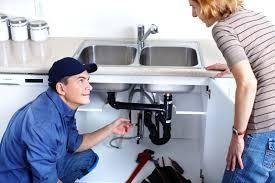
From my experience as a facility manager I was able to know the importance of drain cleaning.
What to know
Drain cleaning equipment is essential for ensuring that piping and plumbing systems in institutional and commercial facilities remain free of clogs. But savvy maintenance and engineering managers know that keeping drains clear involves more than just removing clogs. Often, prevention is the key to efficient, effective piping maintenance.
In this article, we’ll discuss the key elements managers can use — including occupant education and chemicals — in preventing the types of issues in facilities that can lead to clogged drains and piping.
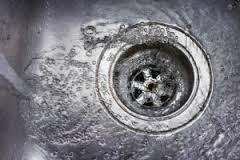
Smarter occupants
The list of materials that building occupants should not put down drains is lengthy, and it varies by the drain’s location. Educating occupants on the proper disposal of these materials is essential in keeping drains and piping systems flowing.
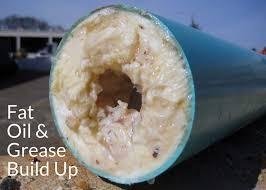
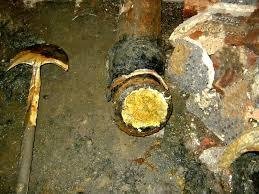
Among the materials that should never go down a kitchen drain are grease, cooking oil, bones, paper products, and hard objects, such as paper, cigarette butts, metals, or plastics. Even with a garbage disposer, only soft, non-greasy food waste should go into the kitchen drain, and these items should be flushed with plenty of cold water to make sure a blockage does not form farther down the drain beyond the trap.
Some pre-1990 drains are only 2 inches in diameter and can clog easily, especially if they are connected to a large number of disposers. In this situation, technicians need to check the grease trap to ensure it is working, clean it regularly, and use solid-waste disposal methods to reduce the volume of materials going into the disposer.
Occupants often use toilet drains as waste baskets for large, solid objects — cell phones, lighters, coins, toys, large wads of toilet tissue, paper towels, sanitary products, food and food containers — that clog the drain eventually and create messy overflows. These overflows require cleanup, as well as sanitizing.
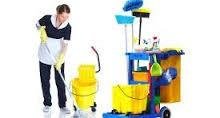
Restroom sinks and showers are more likely to get clogged from hair and soap. Among other drains that can cause clogs, floor drains are most often the culprits. When cleaning floors, technicians should sweep up solid objects before washing down the floor instead of washing everything into the drain with the drain cover removed. These clogs can be difficult to clear because they can get very deep into the drain before building up enough back pressure to cause water to back up.
Using too much soap or detergent is a common cause of clogs in kitchen, laundry room, and floor drains. A few drops of detergent go a long way and changing this behavior by training personnel to use measured quantities has a double benefit: lower detergent costs and fewer drain clogs.
Floor drains in utility spaces collect condensation from air conditioners and dehumidifiers. Without enough water moving through the piping, these drains can become clogged from the minerals that settle out. Technicians need to flush them periodically, depending on the volume.
Occupant education can go a long way to keep drains operational. After all, they decide the materials that go into drains — or do not. Because occupants have so many distractions, the education program needs to be imaginative and continual to succeed. The reminders need to be interesting and changing frequently enough to catch the occupants’ attention.
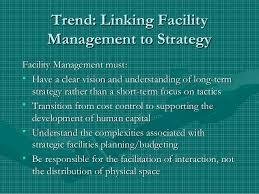
For example, managers might consider charts on a facility dashboard showing trends in water costs, number of clogs by area or department and type. This tool would keep occupant awareness up and improve behavior by showing occupants the impact of clogs, the reason prevention matters, their costs, and progress made.
*I'm proud to broadcast my profession here *
Follow me @samest and also check me out on LinkedIn.
The above article can be found https://www.linkedin.com/pulse/drain-cleaning-preventing-piping-problems-olapade
Hi! I am a robot. I just upvoted you! I found similar content that readers might be interested in:
http://www.facilitiesnet.com/plumbingrestrooms/article/Drain-Cleaning-Preventing-Piping-Problems-Facility-Management-Plumbing-Restrooms-Feature--16867
Downvoting a post can decrease pending rewards and make it less visible. Common reasons:
Submit